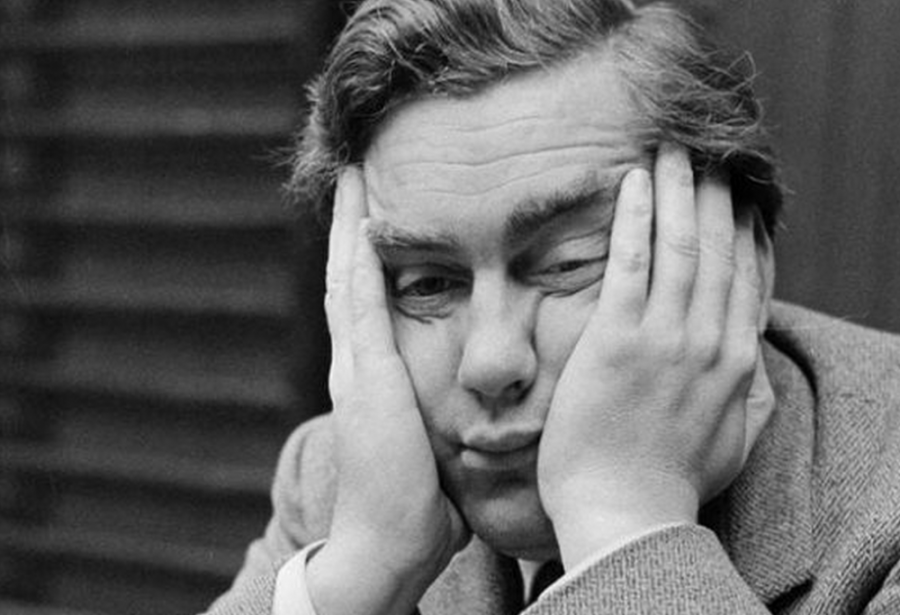
I first encountered philosophical boredom in Nietzsche and Sartre during my early years, and didn’t really grasp the significance or magnitude until I read American Psycho. While vacationing in Italy, I read the majority of the Fritzean corpus and came across two important aphorisms regarding boredom: (paraphrased from memory) if the highest creatures are susceptible to boredom, then the infinitely perfect being is also susceptible to infinite boredom. Therefore when god “rested” on the 7th day he was bored with his creation so he sank to the grass and became a snake….
Great shades of manicheanism! Perhaps this inspired James Morrow to postulate a dual God, somewhat schizophrenic at the end of his fictional tale of theothanatology…..
in the second aphorism, finding such infinite boredom to be unbearable, the Gods invent man for entertainment. Yet man himself in turn, grow afflicted with boredom, meaning the Gods merely passed the buck…
While those aphorisms left a brand on my thoughts, it wasn’t until i took a class on existentialism and read Sartre and learned how boredom is the naked access to being. In Nausea, the main character Roquentin is having one hell of a boring time. He is utterly bored with his task, the city he lives in, the people, and his life. This boredom isn’t transient, or temporary – it actually becomes a malady that transforms his entire perspective, or more accurately, intensifies his awareness of existence where individual objects lose their identities, and become unfamiliar – a rather nauseating experience. Once things no longer have identities or are familiar, this nauseating feeling exposes us as the ultimate arbitrator of meaning.
There is a metaphysics of boredom…. Where ordinary boredom is being bored by something, the metaphysical and more profound, boredom is when “it is boring for one.”
Heidegger says boredom is an illustration of mood a condition of being, which means when we are bored, we disclose the ontological status of the world… Boredom discloses the world in its “everydayness” and results in an understanding of it. Therefore there is no “cause” of boredom, nor is it “out there.”
Nonetheless… i feel Schopenhauer has the most persuasive take of boredom: if unhappiness or dissatisfaction is the default state, normal, and the desires of an individual is consistently met, then his or her mode of being actually dissolves, and he or she encounters emptiness – for the sole mode of existence (restless striving) has been abolished. Therefore, we all are “zigzagging” between two extremes: the Scylla of the will and the Charybdis of boredom. The 20/21stcentury version of Schopenhauer’s formula of bread and circuses is McDonald’s and television.
In literature, Kate Chopin’s Awakening captures this formula quite well where the protagonist grows disenchanted with her good life.
Life may be a “hundred times too short to bore ourselves,” that time is what we want most but yet, what we use worst. (William Penn)
Here is an interesting link to a paper on Voegelin and Boredom.